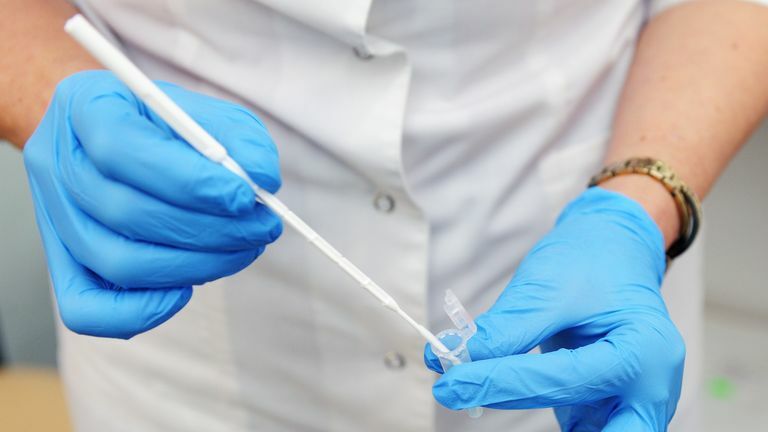Record gonorrhoea and syphilis diagnoses in UK, highest since 1918

Gonorrhoea and syphilis diagnoses reached an all-time high in the United Kingdom last year, according to newly released data from the UK’s Health Security Agency (UKHSA). In 2022, there were 82,592 gonorrhoea diagnoses, marking a 50.3% increase from the previous year’s 54,961 cases. This is the highest number of diagnoses since records began in 1918. Additionally, infectious syphilis diagnoses rose to 8,692 in 2022, the largest annual number since the post-World War II era.
Young people aged 15 to 24 years are the most likely to be diagnosed with sexually transmitted infections (STIs) due to their tendency to change sexual partners more frequently than other age groups. Dr Hamish Mohammed, a consultant epidemiologist at UKHSA, commented on the issue: “We saw more gonorrhoea diagnoses in 2022 than ever before, with large rises, particularly in young people. STIs aren’t just an inconvenience – they can have a major impact on your health and that of any sexual partners.”
“Condoms are the best defence, but if you didn’t use one the last time you had sex with a new or casual partner, get tested to detect any potential infections early and prevent passing them on to others. Testing is important because you may not have any symptoms of an STI.”
The Local Government Association has warned that the rising number of STI cases puts local council-commissioned sexual health services at risk of reaching a breaking point. Councillor David Fothergill, chairman of the Local Government Association’s community wellbeing board, stated: “These new statistics continue to show that local council-commissioned sexual health services are at risk of breaking point, with rising demand coming at the same time as real terms cuts to funding.”
Fothergill further explained that while it is encouraging to see more people visiting local sexual health clinics, it is becoming “increasingly unsustainable without a long-term increase in councils’ public health grant, which goes towards funding vital sexual health services”.
Although STIs can usually be treated with antibiotics, some infections, such as gonorrhoea and chlamydia, can lead to serious health issues, including infertility and pelvic inflammatory disease. The UKHSA has urged individuals to use condoms and undergo regular testing if engaging in sexual activities with new or casual partners.
Syphilis, a bacterial infection typically contracted through sexual contact with an infected person, can be treated with antibiotics. However, if left untreated, it can cause severe long-term complications. In 2022, there were 2,195,909 diagnostic tests for chlamydia, gonorrhoea, syphilis, or HIV, which is a 13.4% increase from 2021. The UKHSA noted that while the rise in gonorrhoea and syphilis diagnoses may be partially attributed to increased testing, the sharp increase “strongly suggests” a higher transmission of STIs within the population.
Latest Thailand News
Follow The Thaiger on Google News:


























